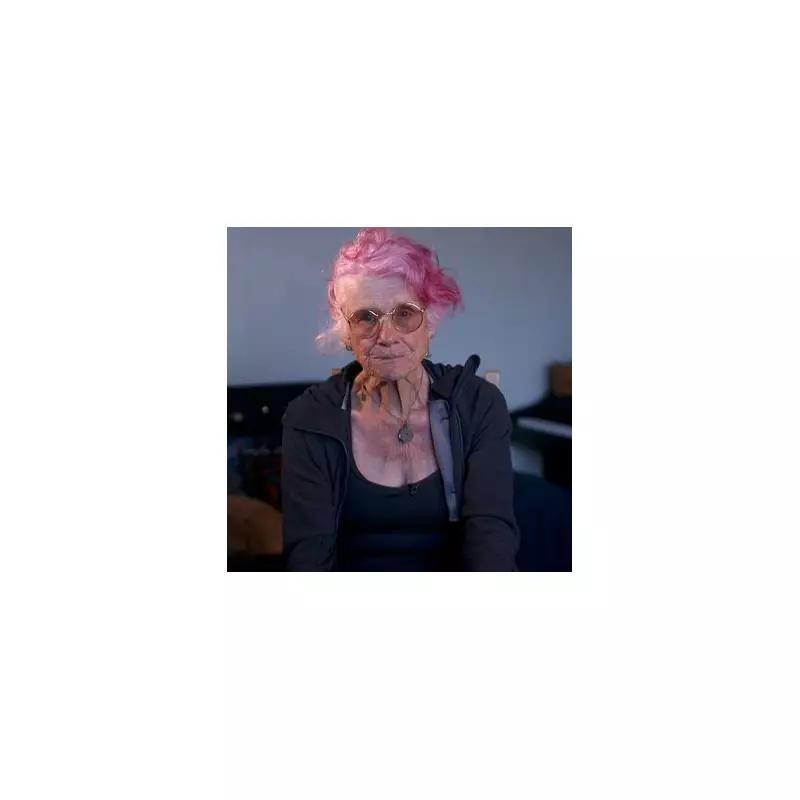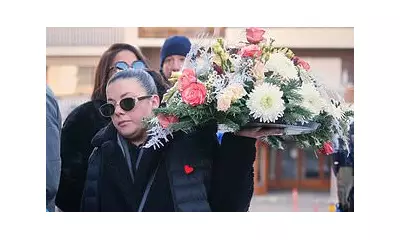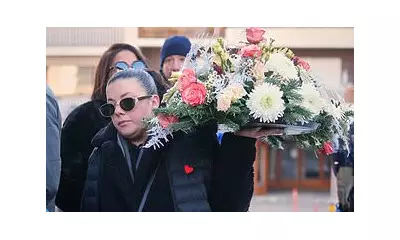
Romance scammers are deploying sophisticated artificial intelligence to exploit lonely hearts, with one retired scientist losing £20,000 to a convincing fake lover. This case highlights a dangerous new trend in cybercrime, as criminals use manipulated videos and stolen identities to build trust.
The Rising Tide of Romance Fraud
Romance fraud is a growing epidemic in the UK. According to the charity Crimestoppers, a staggering £106 million was lost to this cruel fraud last year. New data from the online security firm McAfee reveals that almost three quarters of Brits (74%) have encountered potential romance scams on dating apps.
Further statistics from Barclays show that one in ten UK adults have either been targeted themselves or know someone who has, with reported romance scams increasing by 20% year-on-year.
Wayne Stevens, National Fraud Lead at Victim Support, confirms the alarming shift. "Romance fraud has been on the rise for several years," he says. "AI is making it more sophisticated and is giving criminals new ways to exploit people’s trust and emotions. Scammers can use AI tools to create convincing profiles, generate natural-sounding messages, and even fake video calls."
Nikki's Story: A Professor Duped by Digital Deception
Nikki McLeod, a 77-year-old retired professor of neuroscience from Edinburgh, never imagined she would become a victim. After a 25-year relationship ended, she felt lonely and turned to Facebook in June 2024 seeking connection.
She was soon contacted by Alla Morgan, a stunning woman who claimed to be in her mid-30s and working as a sailor on an offshore oil rig. "We talked and talked. I fell head over heels in love," Nikki recalls.
When her suspicions were raised, Alla sent a video of herself talking directly to Nikki, with her hair blowing in the wind on the rig. "I was so bewitched, I believed everything she said," Nikki admits. This video was a deepfake, created using AI, with the likeness stolen from a real sailor, Sophie Bavière.
The Devastating Financial and Emotional Toll
By August 2024, the requests for money began. Alla asked for £2,000 to fund a visit, which Nikki sent along with Steam gift cards supposedly needed for communication. The excuses for not arriving started, and the financial demands escalated.
The scam reached a new level when Alla offered to help Nikki buy a house for her daughter, providing login details for an online account that appeared to hold $1.5 million. When Nikki tried to transfer £65,000, the transaction was blocked, and she was subsequently asked for £8,500 to unfreeze the funds.
After sending money in instalments, a fraud alert from her bank finally made Nikki confront Alla. The scammer then sent a picture of herself in jail, claiming to be charged with money laundering and directing Nikki to a fake lawyer who also demanded payment. "They were all in cahoots. I never spoke to Alla again," Nikki says.
Although she managed to retrieve around £7,000, Nikki was left broken, having lost a significant portion of her university pension. "It's absolutely outrageous. They pick on vulnerable people... If it can happen to me it can happen to anyone," she states.
Wayne Stevens emphasises the profound impact. "The impact can be devastating, both financially and emotionally. There’s the heartbreak of discovering the relationship was fake, which can lead to feelings of shame, embarrassment and loss of trust."
How to Protect Yourself from AI-Powered Scams
Experts urge the public to exercise extreme caution online. Key protective steps include:
- Let a trusted friend or family member know about an online relationship.
- Avoid sharing personal or financial details too soon.
- Never send money to someone you haven't met in person.
- Suggest a live video call early on; refusal is a major red flag.
- Be wary of sudden declarations of love or pressure to move conversations off a platform.
"Anyone can be affected," Stevens warns. "If you’re worried or think you’ve been scammed, Victim Support offers free, confidential help and practical advice." Nikki is now sharing her story with the BBC's Scam Safe week to help prevent others from falling victim.





